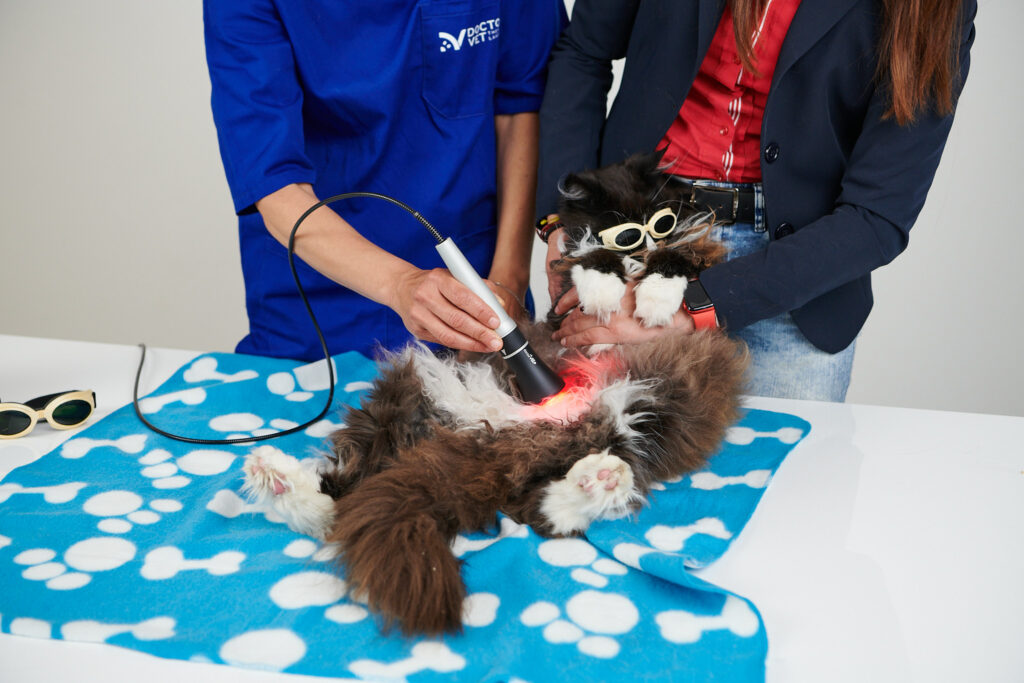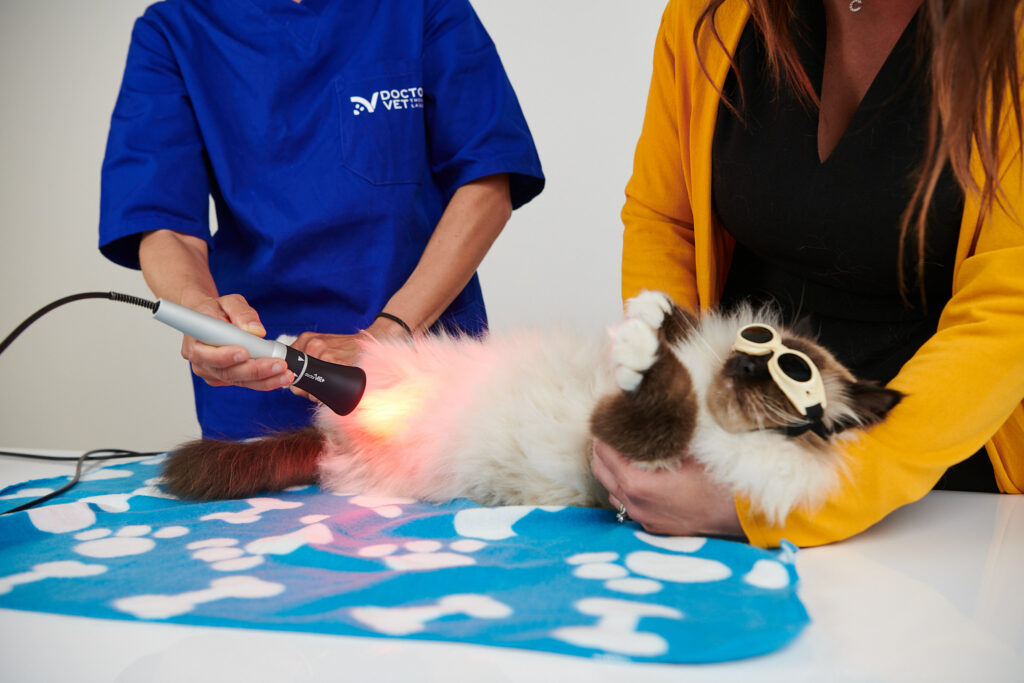Inflammatory bowel disease is one of the most common causes of chronic vomiting and diarrhoea in adult cats. It is a multi-factorial syndrome with inflammatory infiltrate in the bowel. The small intestine is usually the primary location of the inflammatory infiltrate. However, lesions can also be present in the stomach or large intestine1.
The symptoms are potentially rapid and serious weight loss, vomiting and/or diarrhoea. The vomiting is usually intermittent, generally consisting of frequent vomiting for several days interspersed with periods of no vomiting at all. This vomit may consist of undigested food, foam or bile. The faeces are usually voluminous, semi-solid or watery in consistency. Other possible symptoms are cyclical polyphagia and anorexia1.
The nature of the lesions would suggest an immunological problem. The inflammatory infiltrate observed includes lymphocytes and plasma cells. In a lower percentage of cases, eosinophilic, granulomatous or suppurative infiltrate may appear. This inflammatory disease has been tied to giardiasis or hyperthyroidism. On the other hand, bacterial overgrowth in cats is widely debated2.

Seeing is believing!
Book a demo now to learn how DoctorVet works!
Diagnosis is based on a full clinical history that considers the symptoms of the patient alongside blood and faeces analysis. Bowel thickening may sometimes be noticeable to the touch. Blood analysis may also show hyperglobulinaemia, alterations to hepatic parameters, lower B12 levels and a specific increase in feline pancreatic lipase. The ultrasound scan may show subtle changes in the mucous membrane and lymphadenopathy. A biopsy is recommended for definitive diagnosis3.
Treatment consists of dietary control based on hydrolysed protein from a single source. Treatment with prednisolone may also be included. In cases of eosinophilic inflammatory bowel disease, this is more refractory and sometimes does not respond to corticosteroids. Hydroxyurea is recommended in these cases. Probiotics, vitamin K and vitamin B12 are also recommended4.
Laser therapy may be useful in these cases due to its ability to ease the inflammation, helping to regulate the autoimmune problem that arises5. In human medicine, articles have been published that show the benefits of laser therapy in autoimmune diseases, such as alopecia areata6 or other pulmonary problems. Furthermore, articles already exist in veterinary medicine that show the benefits of laser therapy in cases of diarrhoea, such as the article by Dr. Alves published in 2022 about a study conducted in dogs demonstrating the usefulness of laser therapy in cases of chronic diarrhoea.7.

DoctorVet has various protocols that can help treat such diarrhoea. In these cases, due to the alteration of the immune system, the inflammation protocol would be recommended due to the debate surrounding bacterial overgrowth.
If dysbiosis is suspected, we recommend combining the inflammation protocol with the deep infection protocol. If tolerated by the patient, the massage treatment head in contact mode using the scan application technique on the abdominal area to cover the bowels is most highly recommended.
If the patient is unable to tolerate contact mode, we recommend using the scan treatment head in non-contact mode while maintaining the same treatment technique.
The initial treatment schedule would be 2-3 sessions/week, gradually spreading these out once the effects of photobiomodulation start to be observed.

Via dell’Impresa, 1
36040 Brendola (VI)
VAT 02558810244
C.R. VI 240226
© Copyright 2016-2021 LAMBDA S.p.A. | Privacy Policy